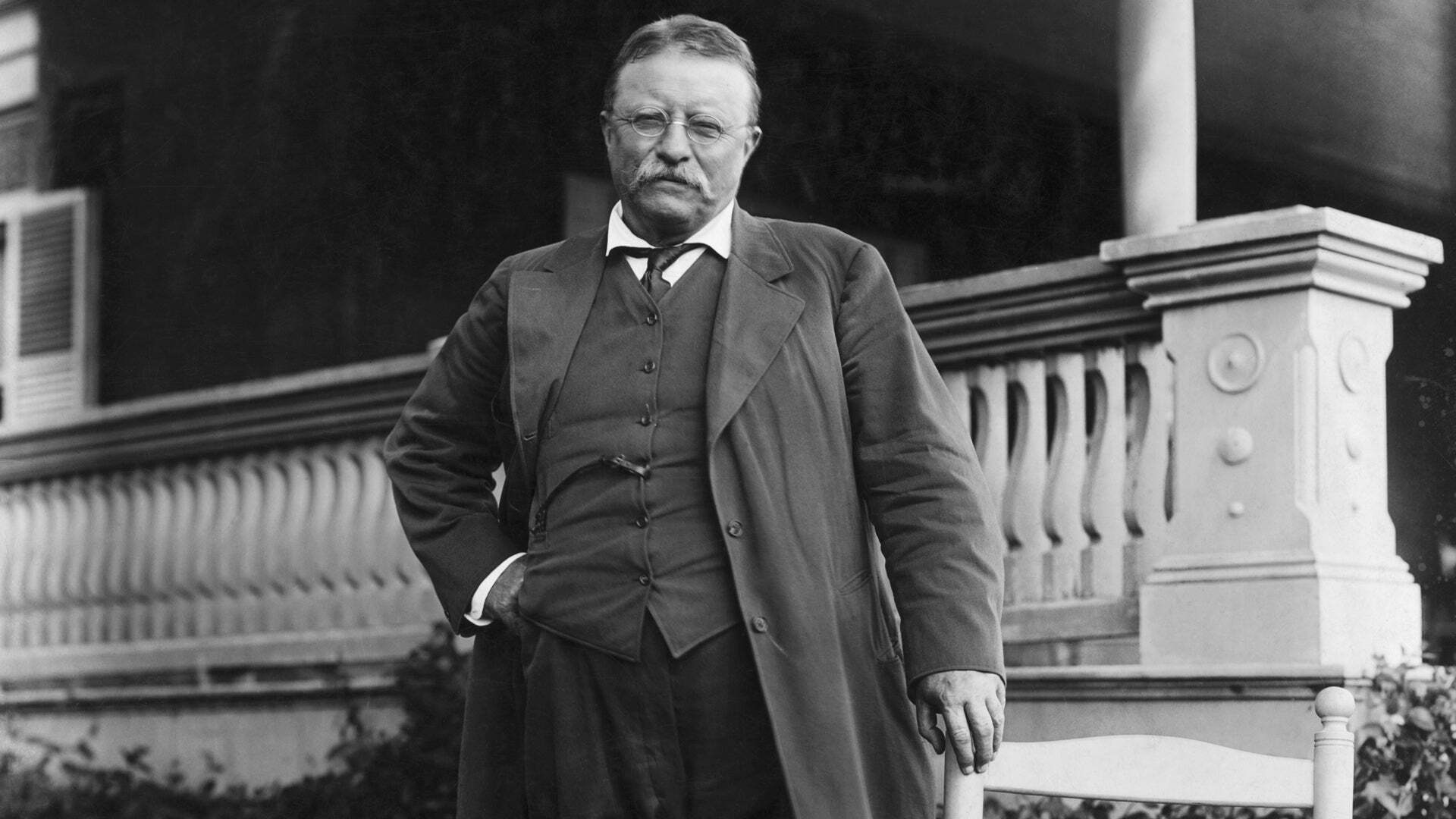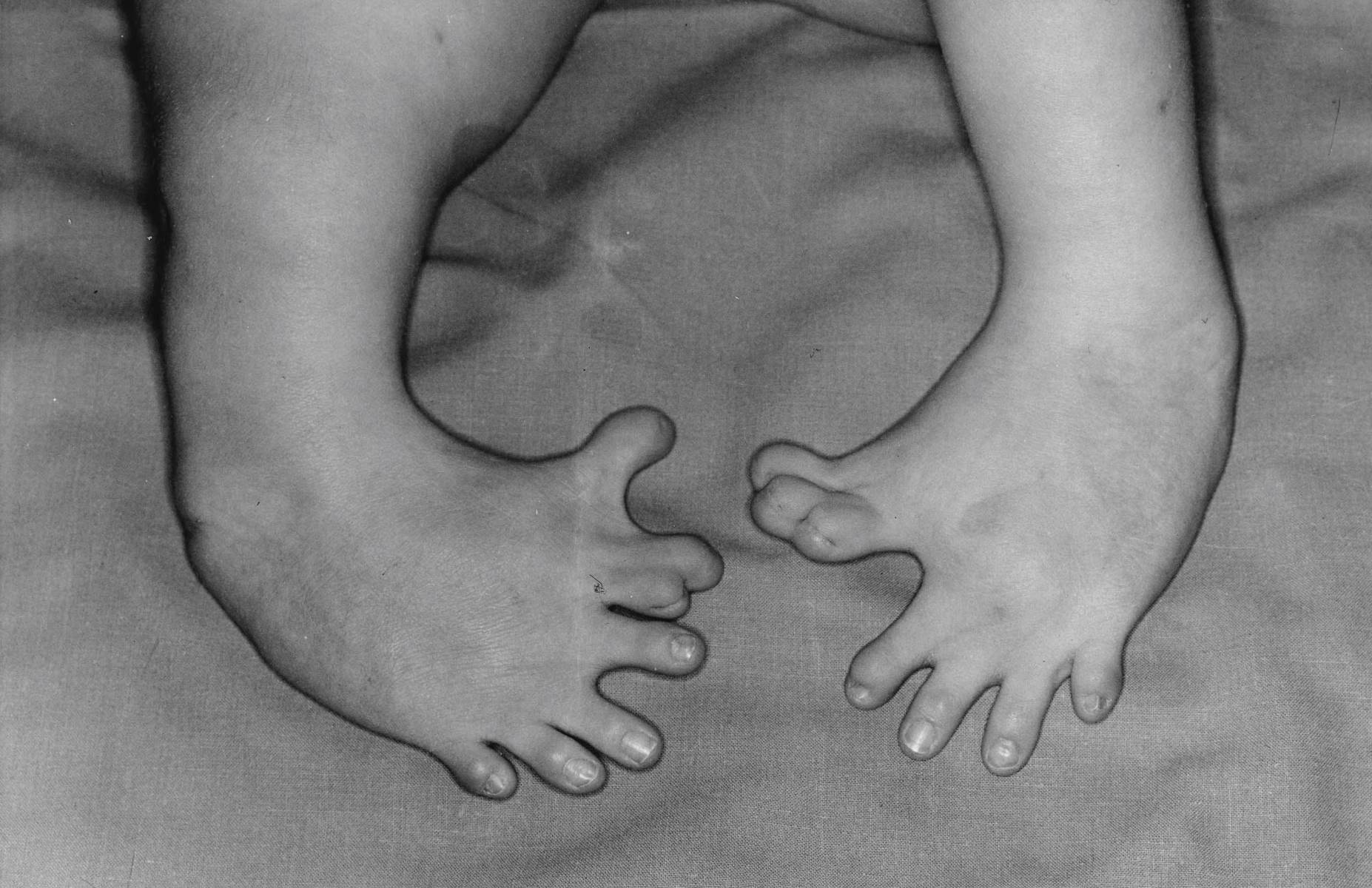
Did you know that Theodore "Teddy" Roosevelt was not only the 26th President of the United States but also a cowboy, soldier, and naturalist? Born on October 27, 1858, in New York City, Roosevelt's life was a whirlwind of adventure and achievement. From leading the Rough Riders during the Spanish-American War to establishing national parks, his legacy is vast. He even won the Nobel Peace Prize in 1906 for mediating the Russo-Japanese War. Roosevelt's larger-than-life persona and relentless energy made him a beloved figure in American history. Ready to dive into more surprising facts about this iconic leader? Let's get started!
Key Takeaways:
- Teddy Roosevelt led a fascinating life, from overcoming health challenges to becoming a national hero. His legacy includes conservation efforts, Nobel Peace Prize, and even inspiring the name "Teddy bear."
- Teddy Roosevelt's dynamic life included presidency, Nobel Prize, and adventurous expeditions. His "strenuous life" motto and lasting impact on conservation and foreign policy continue to inspire.
Early Life and Education
Teddy Roosevelt, the 26th President of the United States, had a fascinating life even before his presidency. Let's dive into some intriguing facts about his early years.
- Born on October 27, 1858, in New York City, Roosevelt came from a wealthy family.
- As a child, he suffered from severe asthma, which led him to develop a passion for physical fitness.
- Roosevelt was homeschooled due to his health issues, receiving a robust education from private tutors.
- He attended Harvard University, where he studied biology and boxed competitively.
- While at Harvard, he met and married his first wife, Alice Hathaway Lee.
Political Beginnings
Before becoming president, Roosevelt had a dynamic political career. Here are some key moments from his early political life.
- Elected to the New York State Assembly at the age of 23, he was the youngest member at the time.
- Roosevelt served as the New York City Police Commissioner, where he implemented significant reforms.
- Appointed Assistant Secretary of the Navy in 1897, he played a crucial role in preparing the Navy for the Spanish-American War.
- He resigned from his Navy post to form the Rough Riders, a volunteer cavalry regiment.
- Roosevelt's leadership in the Battle of San Juan Hill made him a national hero.
Presidency and Policies
Roosevelt's presidency was marked by progressive reforms and a strong foreign policy. Let's explore some notable aspects of his time in office.
- He became president in 1901 after the assassination of President William McKinley.
- Roosevelt was the youngest person to assume the U.S. presidency at age 42.
- Known for his "Square Deal" policies, he focused on consumer protection, controlling corporations, and conservation.
- He established the U.S. Forest Service and signed into law the creation of five national parks.
- Roosevelt was instrumental in the construction of the Panama Canal, which connected the Atlantic and Pacific Oceans.
Personal Life and Interests
Roosevelt was a man of many interests and talents. Here are some fascinating facts about his personal life.
- An avid reader, he read tens of thousands of books during his lifetime.
- Roosevelt was a prolific writer, authoring over 35 books on various subjects.
- He had a deep love for nature and was an accomplished naturalist.
- Roosevelt was also a skilled hunter and went on numerous hunting expeditions.
- He practiced judo and was the first American to earn a brown belt in the martial art.
Legacy and Impact
Roosevelt's impact on the United States and the world continues to be felt today. Here are some ways he left his mark.
- He won the Nobel Peace Prize in 1906 for mediating the Russo-Japanese War.
- Roosevelt's face is one of four carved into Mount Rushmore, symbolizing his lasting legacy.
- His efforts in conservation led to the establishment of 150 national forests, 51 federal bird reserves, and 18 national monuments.
- The Teddy bear was named after him following a hunting trip where he refused to shoot a bear cub.
- Roosevelt's progressive policies laid the groundwork for future reforms in labor and social welfare.
Later Years and Death
Roosevelt's life after his presidency was just as eventful. Here are some key moments from his later years.
- He ran for president again in 1912 as a candidate for the Progressive Party, also known as the Bull Moose Party.
- Despite losing the election, he continued to be an influential political figure.
- Roosevelt embarked on an expedition to the Amazon rainforest in 1913, which nearly cost him his life.
- He remained active in politics and public life until his death on January 6, 1919.
- Roosevelt's death was attributed to a heart attack, but he had been in declining health for years.
Fun and Lesser-Known Facts
Roosevelt's life was full of interesting and lesser-known facts. Here are a few more to round out our list.
- He was the first president to ride in an automobile, fly in an airplane, and dive in a submarine.
- Roosevelt was a passionate advocate for the "strenuous life," promoting physical fitness and outdoor activities.
- He once gave a 90-minute speech after being shot in an assassination attempt, famously saying, "It takes more than that to kill a Bull Moose."
- Roosevelt was a member of the American Academy of Arts and Letters.
- He had a photographic memory, which helped him immensely in his political career.
- Roosevelt was known for his energetic personality and infectious enthusiasm.
- His famous motto, "Speak softly and carry a big stick," encapsulated his approach to foreign policy.
Teddy Roosevelt's Legacy Lives On
Teddy Roosevelt wasn't just a president; he was a force of nature. From his Rough Rider days to his conservation efforts, Roosevelt's impact on America remains undeniable. His trust-busting actions reshaped the economy, while his love for the outdoors led to the creation of national parks still enjoyed today. Roosevelt's Square Deal policies aimed to protect the common man, showing his dedication to fairness and justice. His adventurous spirit, whether on safari or exploring the Amazon, showcased his relentless curiosity and bravery. Even after leaving office, Roosevelt continued to influence politics and society. His legacy is a testament to what one determined individual can achieve. Next time you visit a national park or read about early 20th-century reforms, remember the indomitable spirit of Teddy Roosevelt. His story is a reminder that passion and perseverance can leave a lasting mark on history.
Frequently Asked Questions
Was this page helpful?
Our commitment to delivering trustworthy and engaging content is at the heart of what we do. Each fact on our site is contributed by real users like you, bringing a wealth of diverse insights and information. To ensure the highest standards of accuracy and reliability, our dedicated editors meticulously review each submission. This process guarantees that the facts we share are not only fascinating but also credible. Trust in our commitment to quality and authenticity as you explore and learn with us.


